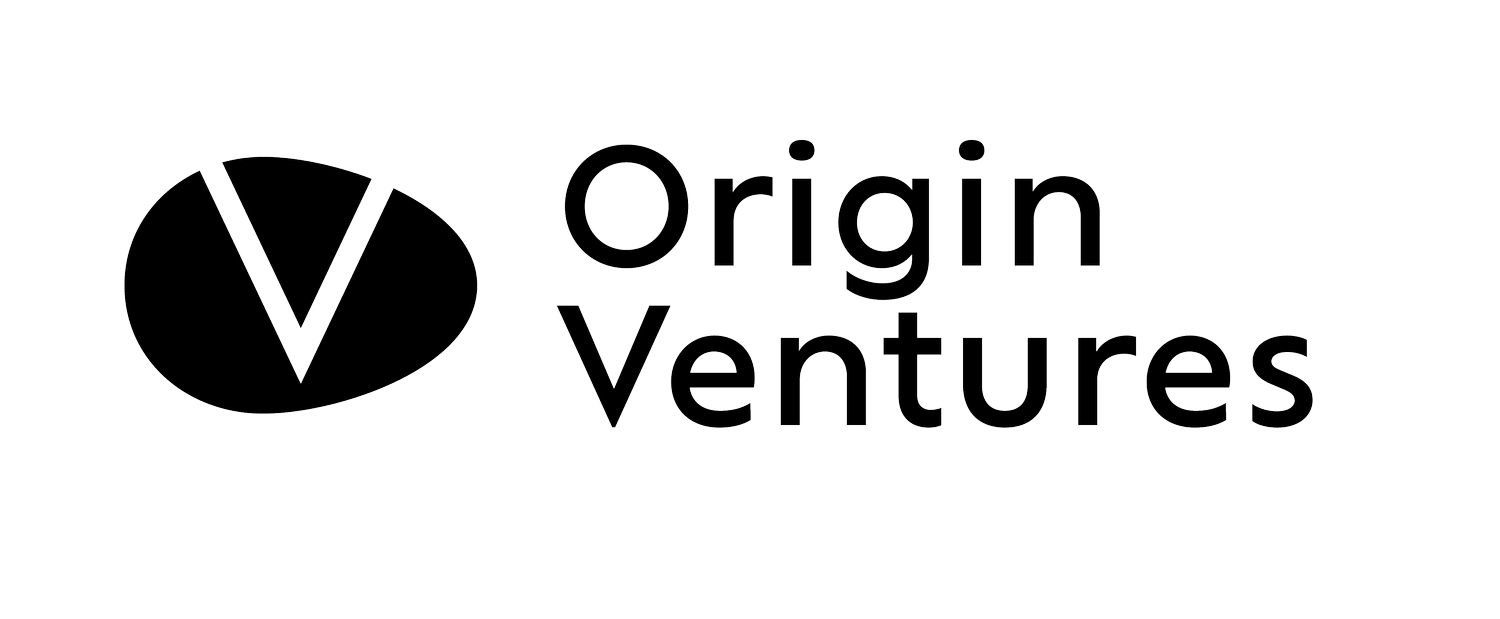Why We Invested in Fountain (Formerly OnboardIQ)
Between contract workers, the new on-demand and “gig economy,” and traditional hourly workforces, nearly 60% of the American workforce is employed on an hourly basis.
Despite the growth in hourly workers, software solutions for the Human Capital Management (HCM) market have historically focused on salaried employees. Incumbent applicant tracking systems are designed to enable recruiters to hire a specific individual for a specific salaried job.
But hiring is different for the hourly workforce. Hiring is often done with a quantity target, rather than a quality target, and with minimal specific criteria applying to the role. Recruits also behave differently in this market, as well: they apply to many jobs at once and are often unresponsive and difficult to move through the hiring process.
In July, we announced that Origin Ventures was leading a $9.1M Series A financing for OnBoardIQ, a company focused on software solutions for contingent, on-demand, and hourly recruiting. This week, OnboardIQ announced that they are changing their name to Fountain.
The company, led by co-founders Keith Ryu and Jeremy Cai, is a Y Combinator alum based in San Francisco. At the time of the financing, the company had processed millions of applicants and helped employers fill over 400,000 jobs. Customers include Grubhub, Safeway, Groupon, and Deliveroo.
We expect Fountain to fill a large and growing need. While 60% of the American workforce is paid by the hour, more than 53 million Americans – or 34% of the total labor force – fall under the “freelancer” category, which includes traditional contractors like plumbers and electricians. Of these freelancers, gig economy contractors are growing especially rapidly. According to Intuit and Emergent Research, the number of Americans working these on-demand jobs will increase from 4 million today to a projected 7.7 million in 2020, and 9.2 million by 2021.
(Data from CNN Money, Job Economics Blog, Intuit, and Recode)
We believe Fountain has the technology, team, and resources to fill this growing need for hiring management of on-demand workers.
Our investment in Fountain is an outgrowth of an evolving thesis we refer to as “The Future of Work.” Among other things, that investment thesis explores:
The matchmaking process between employers and employees, and how it’s being impacted by social networks, mobile communications, and other factors
Tactics used by companies to evaluate and retain their most valuable asset: their people
Tools that forward-thinking organizations use to manage productivity and culture in distributed workforces
Skill development in fast-moving industries such as information technology
Read more about Fountain’s new name and view their revamped website.
